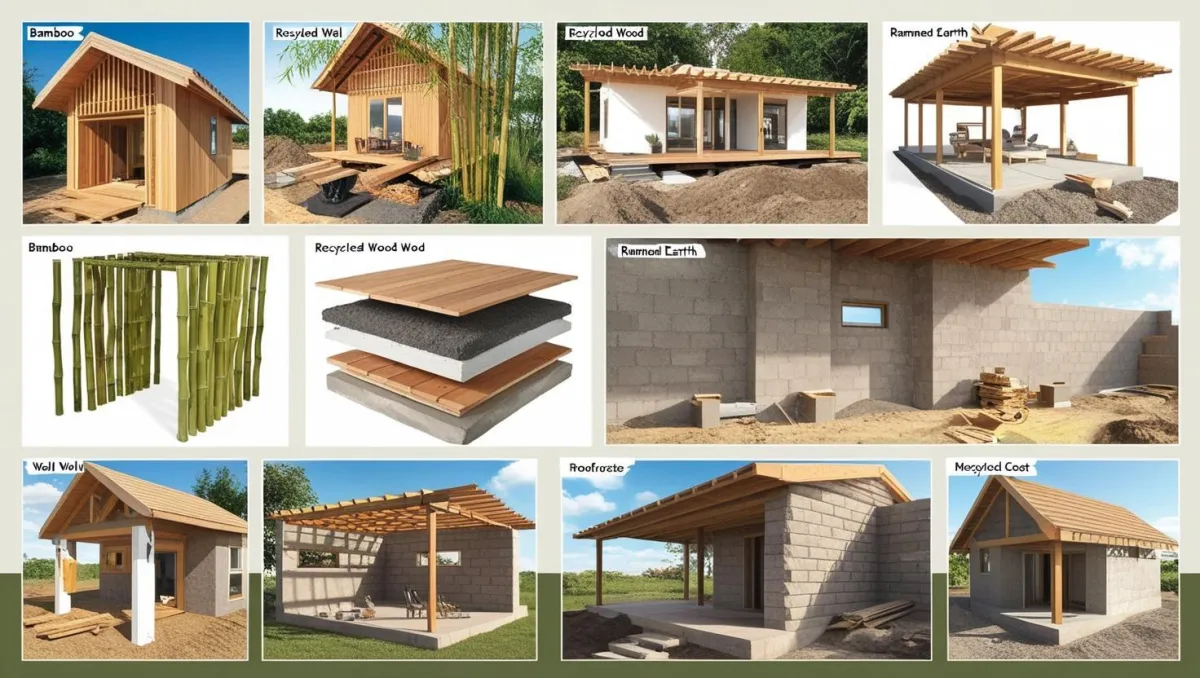
Top 5 low cost home construction techniques in nigeria

Top 5 Low-Cost Home Construction Techniques in Nigeria
Building a home in Nigeria can be a costly endeavor, but with the right techniques, you can significantly reduce expenses without compromising on quality. By leveraging locally available materials, efficient designs, and smart construction methods, homeowners can achieve their dream homes on a budget. In this blog post, we explore the top 5 low-cost home construction techniques tailored to Nigeria's unique environment and resources.

1. Use Locally Sourced Materials
One of the most effective ways to cut costs is by using materials readily available in Nigeria.
- Laterite Bricks: These are affordable, durable, and suitable for the Nigerian climate.
- Bamboo: A renewable resource that is both cost-effective and environmentally friendly.
- Recycled Materials: Incorporating salvaged wood, metal, or concrete can reduce expenses while promoting sustainability.
2. Opt for Simple Building Designs
Complex architectural designs often lead to higher costs due to additional materials and labor.
- Straightforward Floor Plans: Avoid intricate layouts and focus on functional spaces.
- Minimalist Designs: Reduce unnecessary features like excessive curves or decorative elements.
- Compact Homes: Smaller homes require fewer resources and are easier to maintain.
3. Adopt Energy-Efficient Construction Techniques
Energy-efficient homes save money in the long run and are easier to build on a budget.
- Passive Cooling Designs: Use cross-ventilation and shaded windows to reduce reliance on air conditioning.
- Insulated Walls and Roofs: Materials like AAC blocks help maintain indoor temperatures.
- Solar Panels: While an initial investment, solar energy reduces electricity costs over time.
4. Utilize Labor-Saving Construction Methods
Efficient construction techniques can reduce labor costs and speed up the building process.
- Prefabricated Components: Pre-made walls, roofs, and floors save time and money.
- Load-Bearing Structures: These require fewer materials compared to frame structures.
- Self-Build Projects: Homeowners can participate in construction to reduce labor expenses.
5. Prioritize Sustainable and Durable Solutions
Investing in durable materials and sustainable practices ensures long-term savings.
- Concrete Flooring: Affordable and long-lasting, ideal for Nigerian homes.
- Rainwater Harvesting Systems: Reduce water bills by collecting and storing rainwater.
- Green Roofs: Provide insulation and reduce energy costs while enhancing aesthetics.
Building a home in Nigeria on a budget is achievable with the right strategies. By using locally sourced materials, adopting simple designs, and prioritizing energy-efficient and sustainable practices, homeowners can create affordable yet high-quality living spaces. These techniques not only reduce costs but also contribute to environmental conservation and long-term savings.